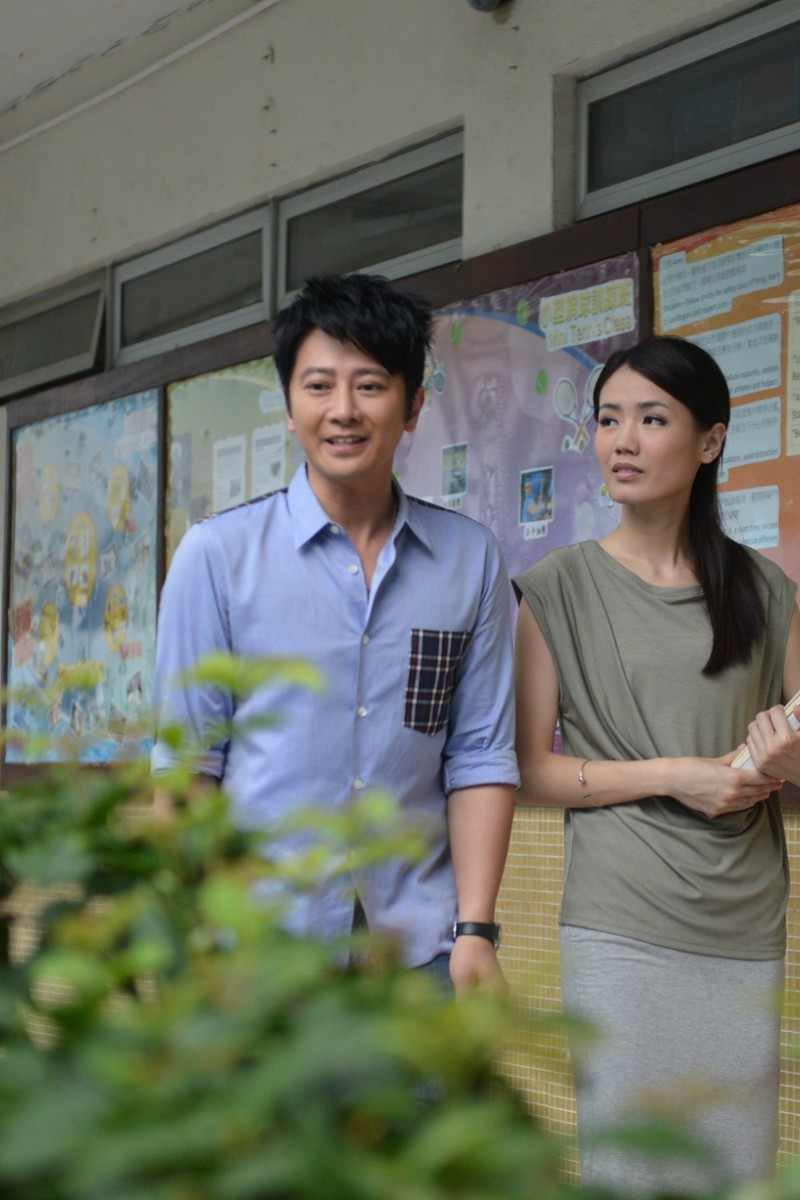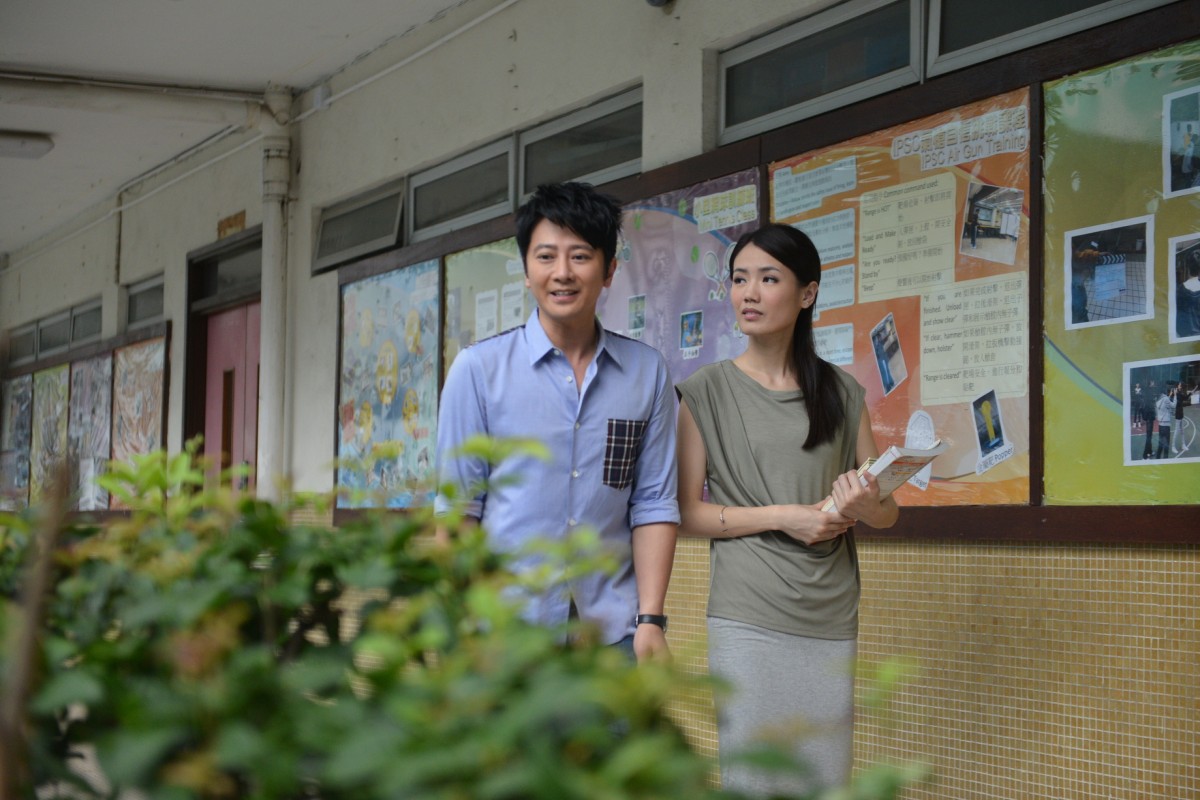
Our Days in 6E promotes cultural diversity in HK but ends up being pretty dull [Review]
Even with good intentions of encouraging everyone to just get along, local feel-good film just isn't very entertaining

Though the subject matter of multicultural harmony is an important one for today's Hong Kong, Our Days in 6E is overly preachy with a cliché script and unsurprising plot.
This local drama details the campus life and family struggles of four troubled students from Class 6E of a Band Three secondary school in Tuen Mun. They include Chinese immigrant Kong (Brian Yuen Chung-yeung) who lives with his grandmother after the traumatic deaths of his parents, local wealthy girl JJ (Shirley) who feels unloved by her father and hates his new partner, Nepalese boy Nara (Babar Khan) who unintentionally gets involved in a drug deal because of his cousin, as well as Pakistani girl Sab (Kiranjeet Gill), who is forced to comply with her parents’ wishes to accept an arranged marriage.
With great encouragement and support from class teachers Park Sir (Eric Suen Yuen-wai) and newbie teacher Fanny (Lemon Yip Tsz-yu), the four grow together with the initially divided 6E, which eventually learns to work together for an interschool talent contest.
There is no doubt that Our Days in 6E addresses some of the very authentic problems of racial discrimination in our communities - be it in schools or society - that affect people of various ethnic groups and social classes. The intention to foster understanding between culturally diverse audiences is also made obvious, but perhaps too obvious so it almost feels too educational.
If a film is meant to show rather than tell, a large portion of the script is basically just telling. This is a waste as some of the lecture-style speeches are well-written, but could have been acted out to enrich the characterisation and psychological complexity of the troubled teens.
Also, the class teachers aren't very convincing as they are a bit too perfect. Driven by endless passion and hopefulness, they could have used a more honest take on reality.
The quick transformation of students who first appeared immature or rebellious, then quickly turned cooperative and understanding was also slightly unbelievable. Despite this, you may still find yourself feeling (or shedding a tear) for the distressed students whose individual personal stories are not completely unfamiliar.
Director Checkley Sin is probably better at producing action movies like Ip Man than teenage dramas. Still, it is undeniable that the movie is a meaningful local production which brings a positive message to our society which is currently filled with conflict and despair. But if you would like a local film recommendation on education, check out Little Big Master (2015) instead.
Edited by Jamie Lam
